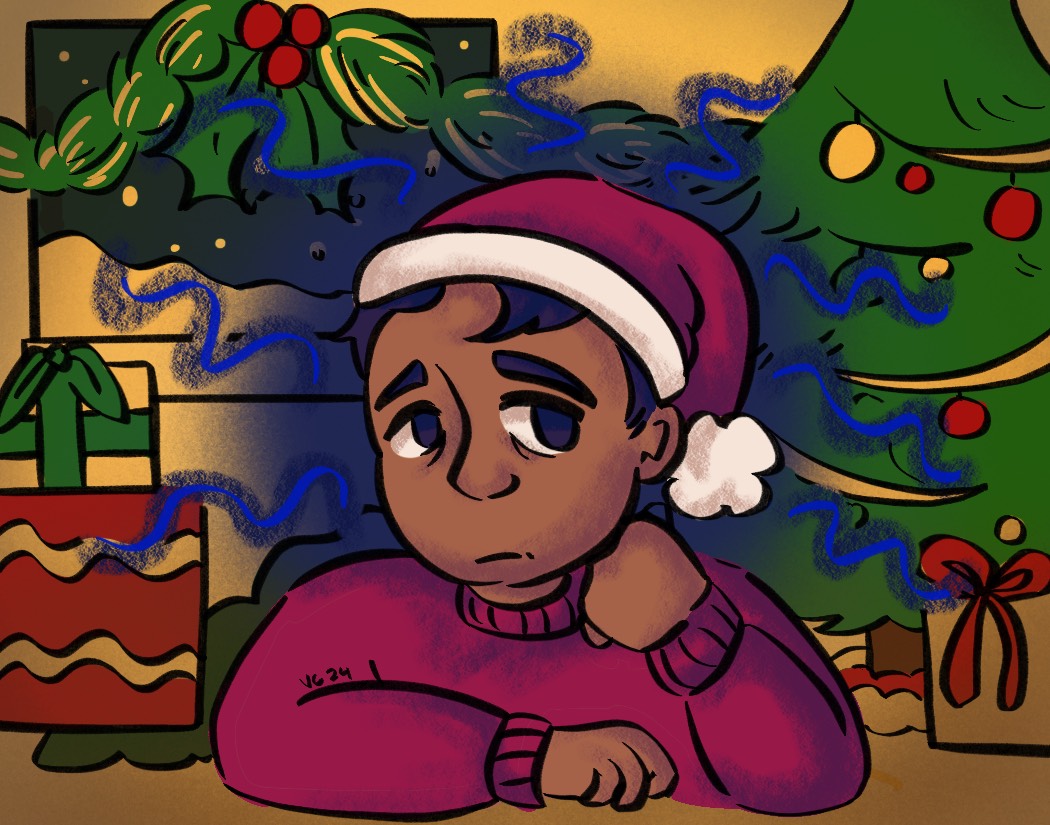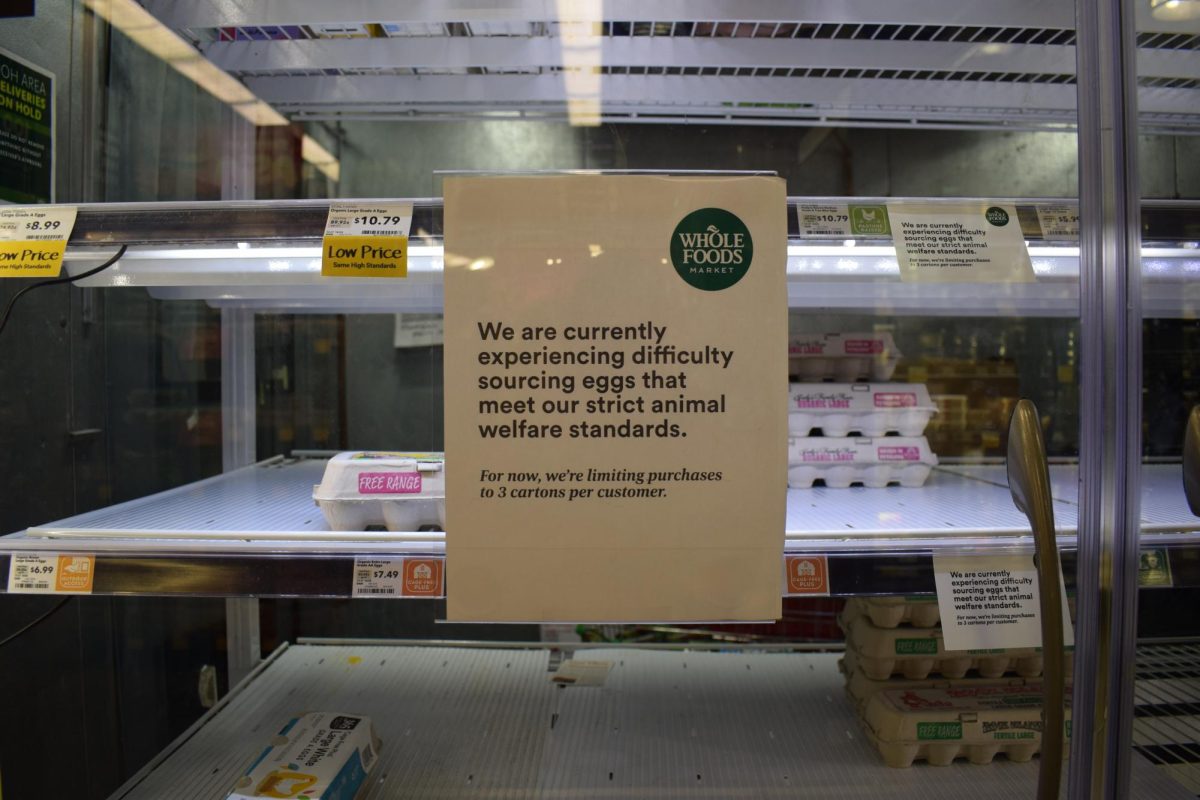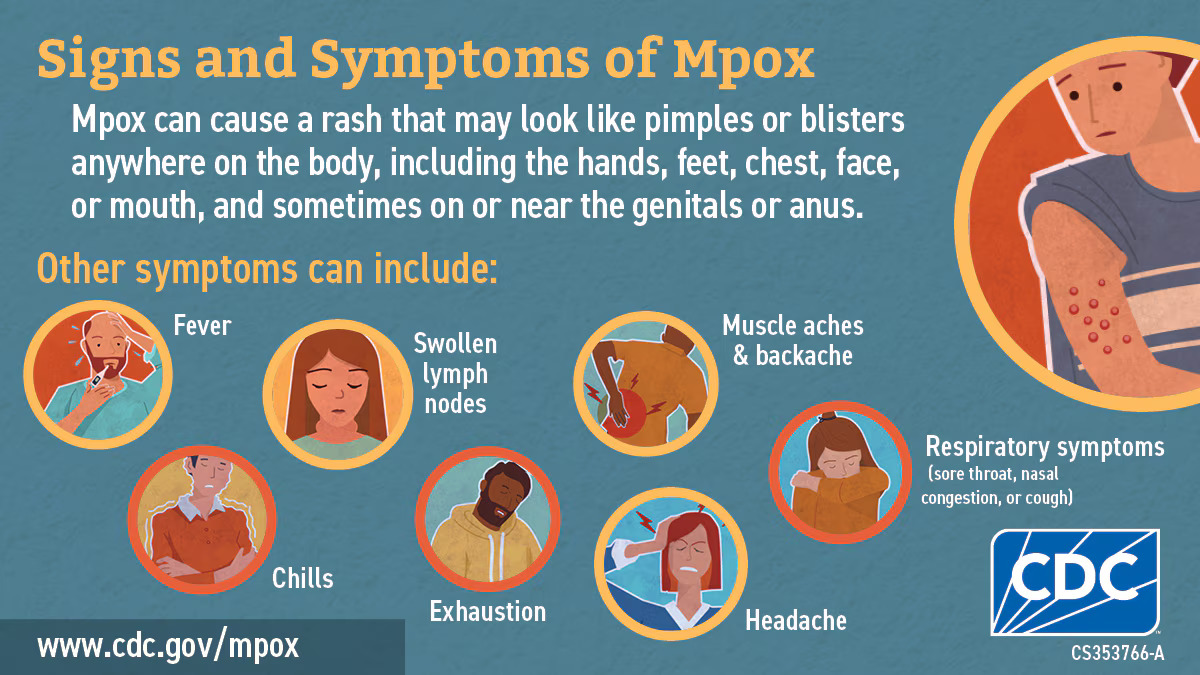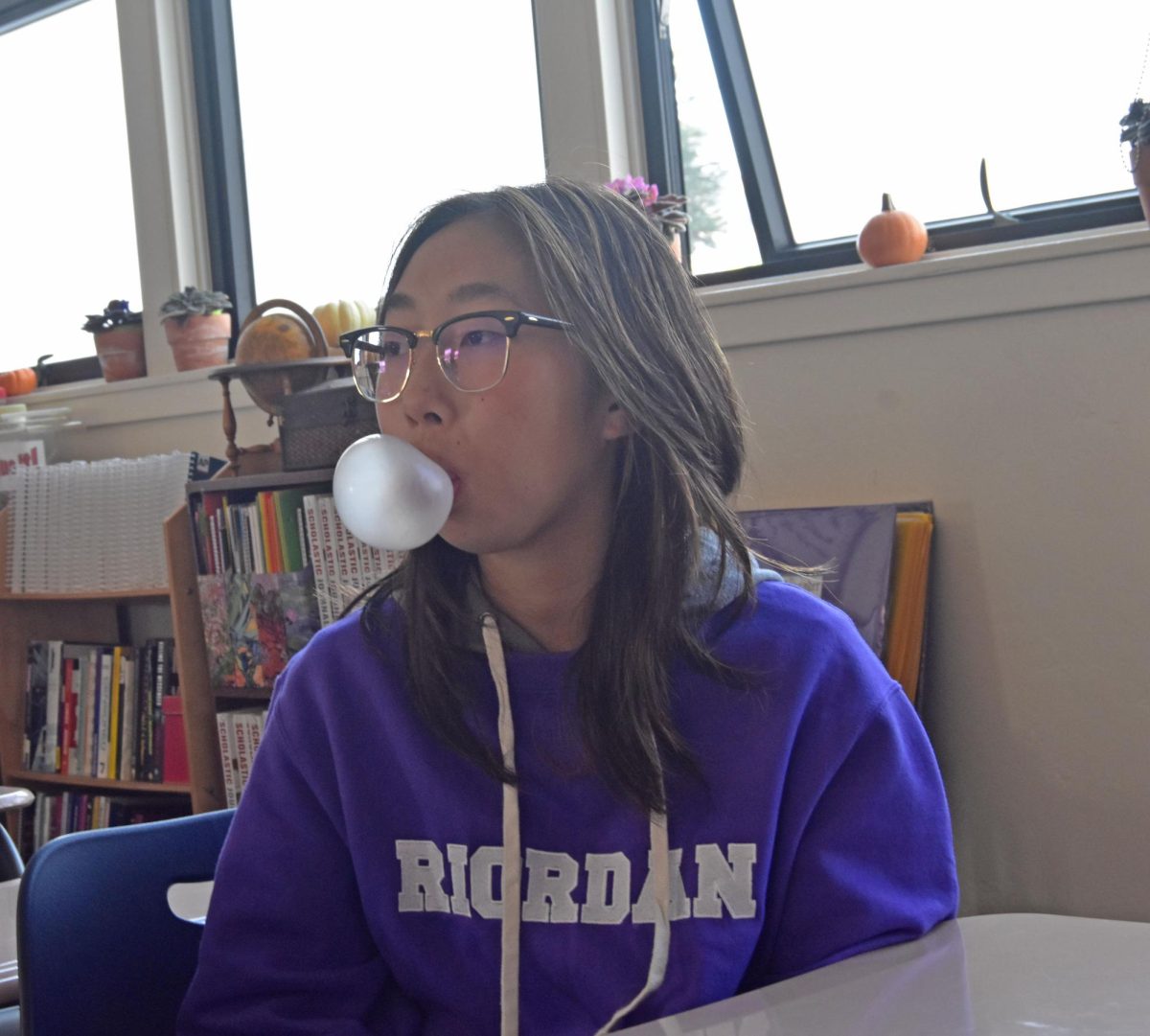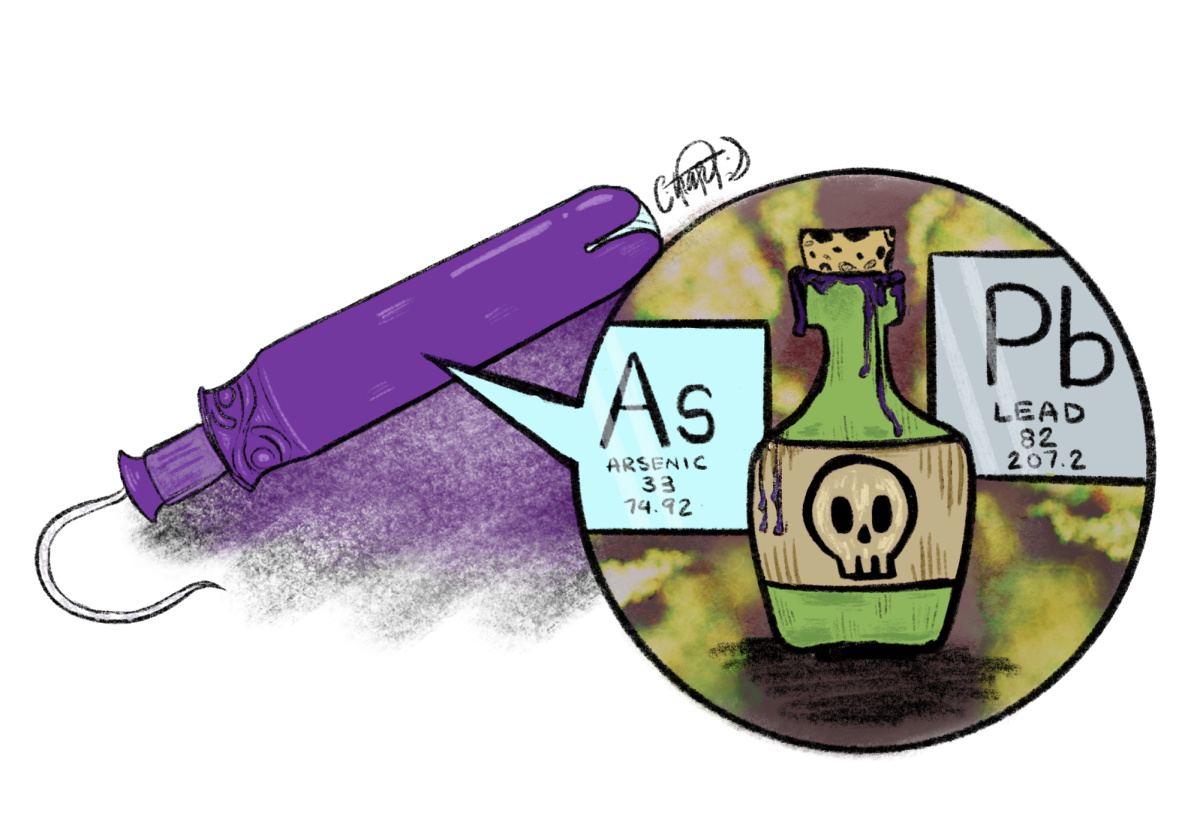As the holiday season approaches, many anticipate cheerful gatherings with their friends and loved ones. However for others, the winter months can bring feelings of isolation and sadness, otherwise known as the “holiday blues.”
For teens especially, due to the mix of either family dynamics, academic pressures, and other outside expectations, it contributes to the vulnerability of their feelings, making it harder to cope through both internal and external factors.
According to Verywell Mind, statistics suggest that 64 percent of individuals with preexisting mental conditions report that their symptoms do indeed intensify during the holiday seasons.
Jackeline Gamez ’26 stated, “The last couple of weeks of the end of the year are built up with a lot of tension and stress. I tend to be more anxious during this time of the year because of everything that is coming to an end.”
Seasonal Affective Disorder, otherwise commonly known as SAD, is a form of depression triggered by the changing seasons. Such symptoms of SAD include fatigue, changing in sleeping and eating patterns, difficulty in remembering and concentrating, and social withdrawal from others. SAD can severely impact one’s daily functioning, leaving most to struggle getting out of bed and even completing simple everyday tasks.
“Seasonal Affective Disorder (SAD) is a type of Major Depressive Disorder with a seasonal pattern…There is specific criteria that needs to be met (like when symptoms occur and for how long) in order to be officially diagnosed,” said counselor David Canales ’02.
Additionally, Kylee Cherkis ’26 shared, “I have noticed myself feeling more tired, and I’m pretty sure it relates to the time of year when everything gets darker earlier. I find myself going out less and spending more time by myself inside.”
Though being commonly well known, researchers are yet to discover the real cause. As indicated by the National Institute of Mental Health, not being able to spend enough time outside and in the sun prevents molecules that help maintain normal levels of serotonin from functioning in its proper way, further decreasing serotonin activity.
While this holiday season is depicted as a time to celebrate, filled with happiness and huge amounts of joy, it’s important to acknowledge that the “holiday blues” do have an effect on others.
Though the “holiday blues” are just beginning for some who are experiencing this unpleasant feeling this holiday season, there are coping mechanisms that may help to manage stress and prioritize one’s own self-care.
Practicing and building up on habits like getting enough sleep, eating well, and exercising can help reduce burnout and agitation, finding a sense of peace amidst the seasonal challenges.
“Make sure to have a balanced lifestyle,” said Gamez. “Try to go out more, hang out with friends and family, try new hobbies, and enjoy the winter time because San Francisco is especially beautiful around this time of year.”


